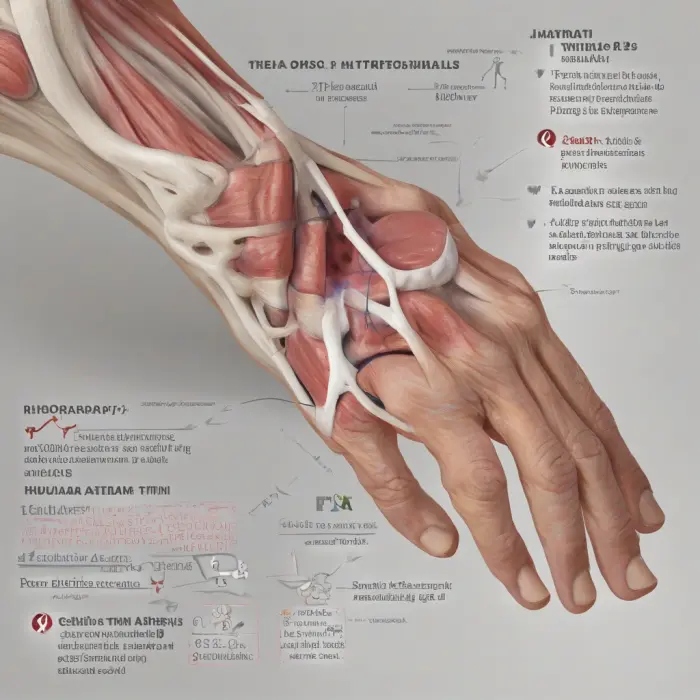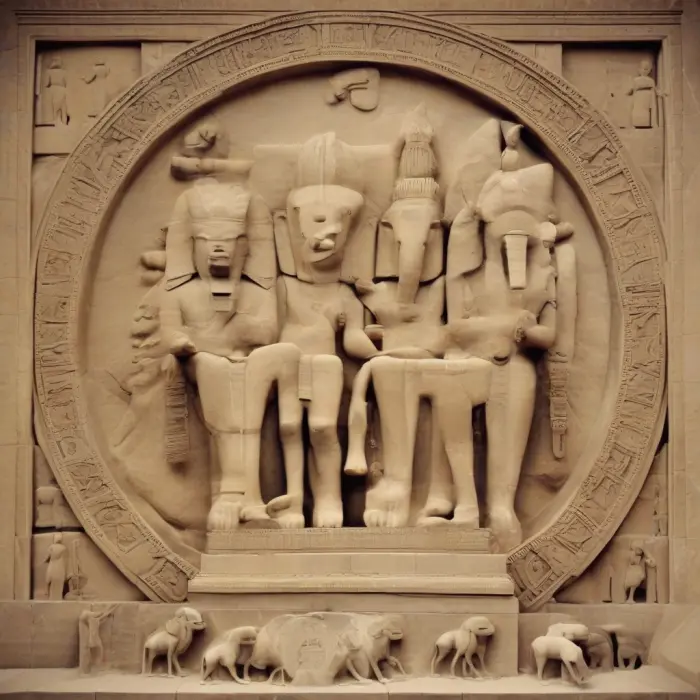Women in History: Influential Women from Different Eras
Throughout history, women have made significant contributions to the society, politics, art, science and many other fields. Many of these pioneering women have become renowned globally for their unwavering courage, relentless pursuit for equality and numerous achievements and innovations that have long-term impacts. Here are some of these influential women from different eras with their astounding contributions.
Antiquity: Cleopatra VII Philopator (69 BC – 30 BC)
The last active ruler of Egypt's Ptolemaic Kingdom, Cleopatra wasn't just known for her beauty but also for her intellect. She was a political genius who reigned for 21 years and made strategic alliances with two Roman rulers, Julius Caesar and Mark Antony. Her reign digitalized Alexandria and made it a significant intellectual, cultural and political center in the ancient world.
Medieval Era: Joan of Arc (1412 AD – 1431 AD)
Joan of Arc, a peasant girl living in medieval France, believed that God had chosen her to lead France to victory in its Hundred Years War with England. Defying the expectations of her gender and social class, Joan led the French army to monumental victories that led to the coronation of Charles VII. Despite her eventual capture and execution by the English, Joan remains a crucial symbol of French unity and nationalism.
Renaissance: Catherine de Medici (1519 AD – 1589 AD)
Catherine de' Medici, an Italian noblewoman who became queen consort of France, was instrumental in determining France's political course during the turbulent period of the Wars of Religion. Catherine's reign exemplifies the power and influence that women could hold, even in an era when female rulers were rare.
Modern Era: Marie Curie (1867 AD – 1934 AD)
Marie Curie was a remarkable Polish/French physicist and chemist. She was the first woman to win a Nobel Prize, the first person to win the prestigious award twice, and the only person to win the Nobel Prize in two different sciences — physics and chemistry. Her pioneering research on radioactivity is a cornerstone of modern physics, and she developed techniques for isolating radioactive isotopes.
Contemporary Era: Malala Yousafzai (1997 - Present)
In the contemporary era, Malala Yousafzai, a Pakistani activist for girls' education, has proven to be an influential figure. At the age of 15, Malala was shot by a Taliban gunman in an assassination attempt in retaliation for her activism. However, her attack didn't deter her; instead, it gave her a bigger platform, leading to her being the youngest-ever laureate to receive the Nobel Peace Prize at age 17.
These are just a handful of examples of great women that have made significant impacts in their respective eras. Their relentless spirit and contributions have not just been stepping stones to the progression of women's rights, but have also helped shape the world as we know it.










